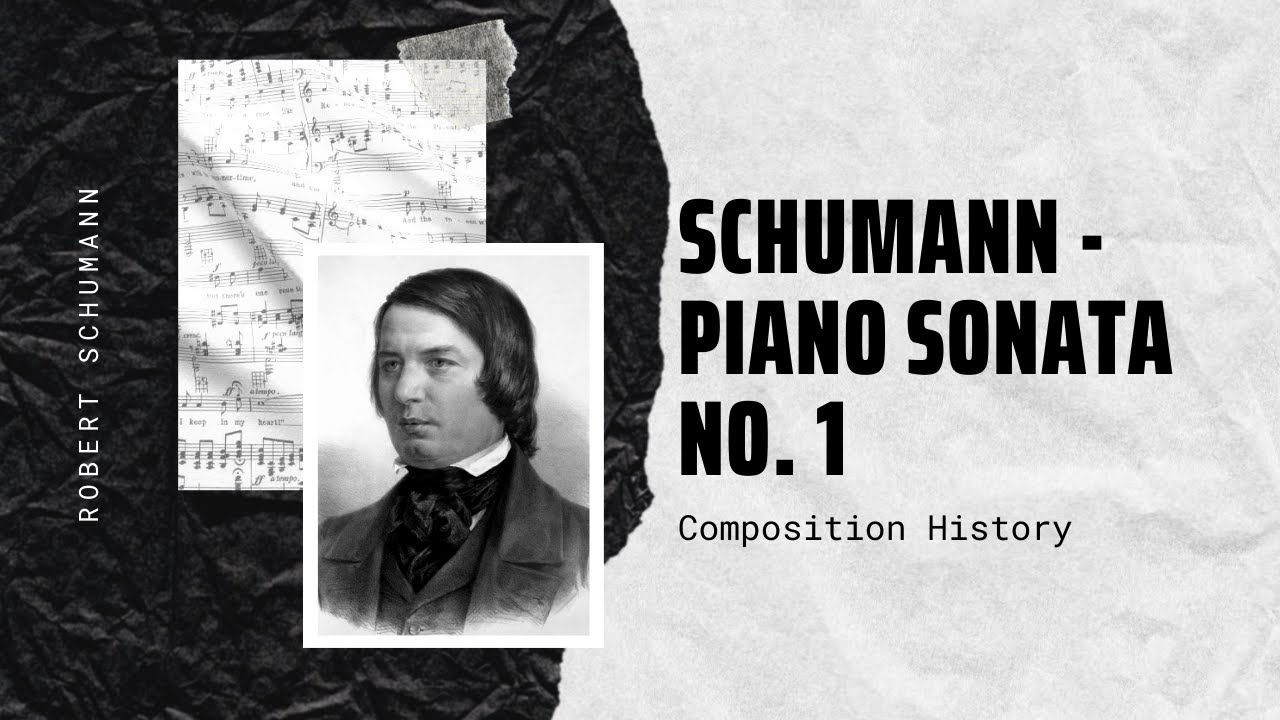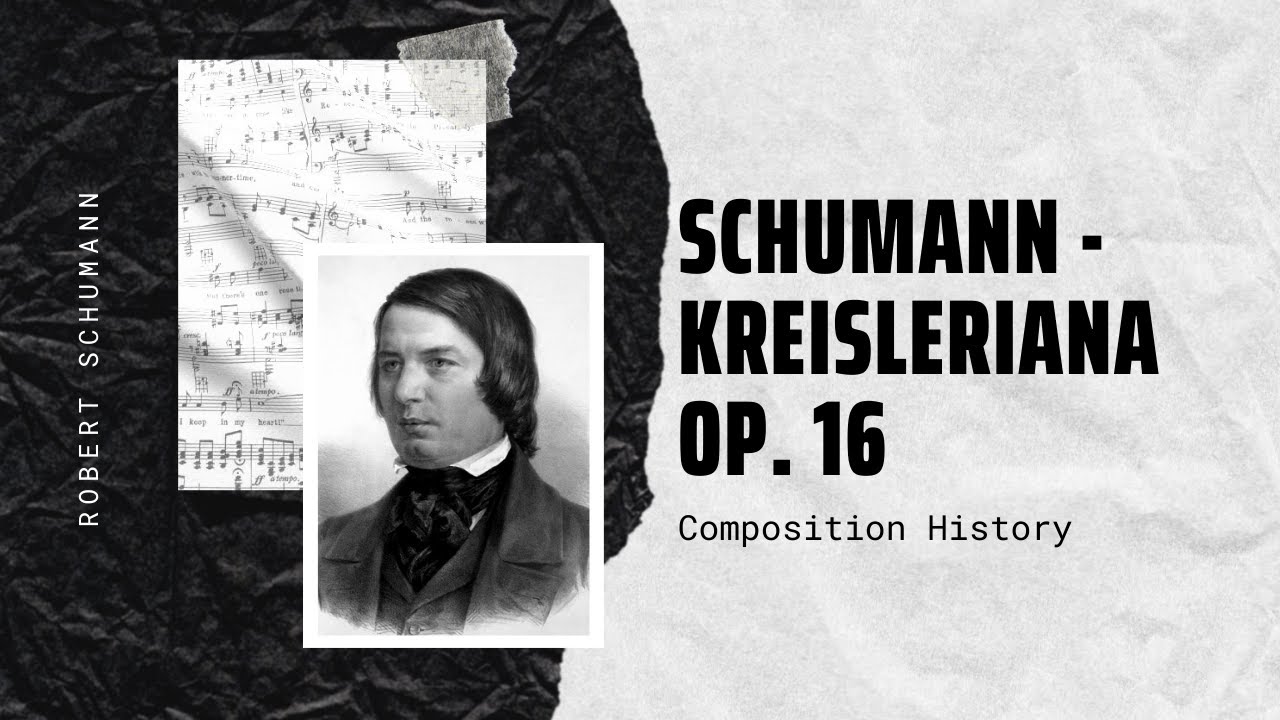
Schumann – Fantasiestücke, Op. 12 – Music | History
Schumann – Fantasiestücke, Op. 12 – Music | History Robert Schumann’s Fantasiestücke, Op. 12, is a set of eight pieces for piano, written in 1837. The[…]

Schumann – Piano Sonata No. 1 – Music | History
Schumann – Piano Sonata No. 1 The Piano Sonata No. 1 in F-sharp minor, Op. 11, was composed by Robert Schumann from 1833 to 1835. He[…]

The Best of Schumann – Part I – Greatest Works
Robert Schumann8 June 1810 – 29 July 1856) was a German composer, pianist, and influential music critic. He is widely regarded as one of the[…]

Schumann – Violin Sonata No. 1 Op. 105
The violin sonata no. 1 in A minor, opus 105 of Robert Schumann was written the week of September 12– 16 September 1851. Schumann was[…]

Schumann – Kreisleriana Op. 16
Kreisleriana, Op. 16, is a composition in eight movements by Robert Schumann for solo piano, subtitled Phantasien für das Pianoforte. It was written in only[…]

Schumann – Cello Concerto in Am Op. 129
The Cello Concerto in A minor, Op. 129, by Robert Schumann was completed in a period of only two weeks, between 10 October and 24[…]

Schumann – Fantasy Pieces Op. 73
Robert Schumann – Fantasy Pieces Op. 73 Three Fantasy Pieces (Drei Fantasiestücke) for clarinet and piano, Op. 73, were written in 1849 by Robert Schumann. Though[…]

Robert Schumann – Piano Quartet Op. 47
Robert Schumann – Piano Quartet Op. 47 The Piano Quartet in E flat major, Op. 47, by Robert Schumann was written in 1842. It has been[…]

Schumann – Piano Concerto Op. 54
Robert Schumann – Piano Concerto Op. 54 The Piano Concerto in A minor, Op. 54, by the German Romantic composer Robert Schumann was completed in 1845[…]

Schumann – Fantasy Pieces: Des Abends (In the Evening)
Robert Schumann – Fantasy Pieces: Des Abends (In the Evening) Robert Schumann (8 June 1810 – 29 July 1856) was a German composer, pianist, and influential[…]